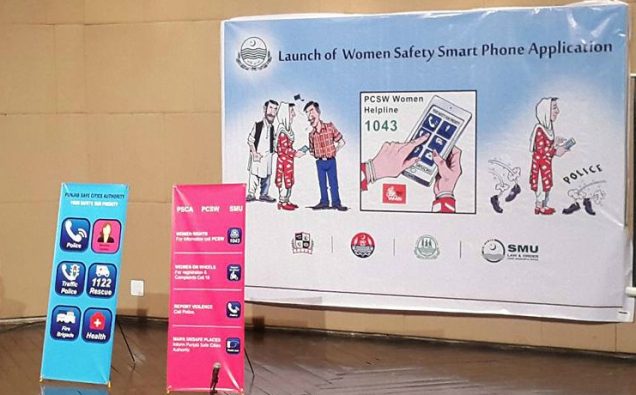
The UN Human Development Report has found that average human development remains uneven, with systemic discrimination against women, indigenous peoples and ethnic minorities in several countries .
“By eliminating deep, persistent, discriminatory social norms and laws, and addressing the unequal access to political participation, which have hindered progress for so many, poverty can be eradicated and a peaceful, just, and sustainable development can be achieved for all,” UNDP Administrator Helen Clark, said.
Clark launched the report in Stockholm, alongside Swedish Prime Minister Stefan Lofven and lead author and Director of the Human Development Report Office, Selim Jahan.
Entitled Human Development for Everyone, the report notes that one in three people worldwide continue to live at a low level of human development, as measured by the Human Development Index – essentially a ranking of countries based on strides made with a peace-centric model of progress.
![Bronze statue of a young girl reading Photo: Unknown Français : Anonyme (Marie-Lan Nguyen (User:Jastrow), 2008-04-11) [CC BY 2.5 (http://creativecommons.org/licenses/by/2.5)], via Wikimedia Commons](https://www.viewsnews.net/wp-content/uploads/2017/03/Bronze_young_girl_reading_CdM_Paris-848x1024.jpg)
Bronze statue of a young girl reading Photo: Unknown Français : Anonyme (Marie-Lan Nguyen via Wikimedia Commons
“Women tend to be poorer, earn less, and have fewer opportunities in most aspects of life than men,” according to the report.
Authors found that in 100 countries, women were legally excluded from some jobs because of their gender, and in 18 countries, women needed their husband’s approval to work.
The report also points to “dangerous practices,” such as female genital mutilation and forced marriage, which continue to hamper the development of women and their inclusion in society.
The report also points to “patterns of exclusion and lack of empowerment” of people in rural areas, indigenous peoples, ethnic minorities, people with disabilities, migrants and refugees, and members of the lesbian, gay, bisexual, transgender and intersex community.
The report calls for far greater attention to empowering the most marginalized in society, and recognizes the importance of giving them greater voice in decision-making processes.
The authors warn that key development metrics can overstate progress when they focus on the quantity, rather than the quality, of development.
For instance, girls’ enrollment in primary education has increased, but in half of 53 developing countries with data, the majority of adult women who completed four to six years of primary school are illiterate.

















